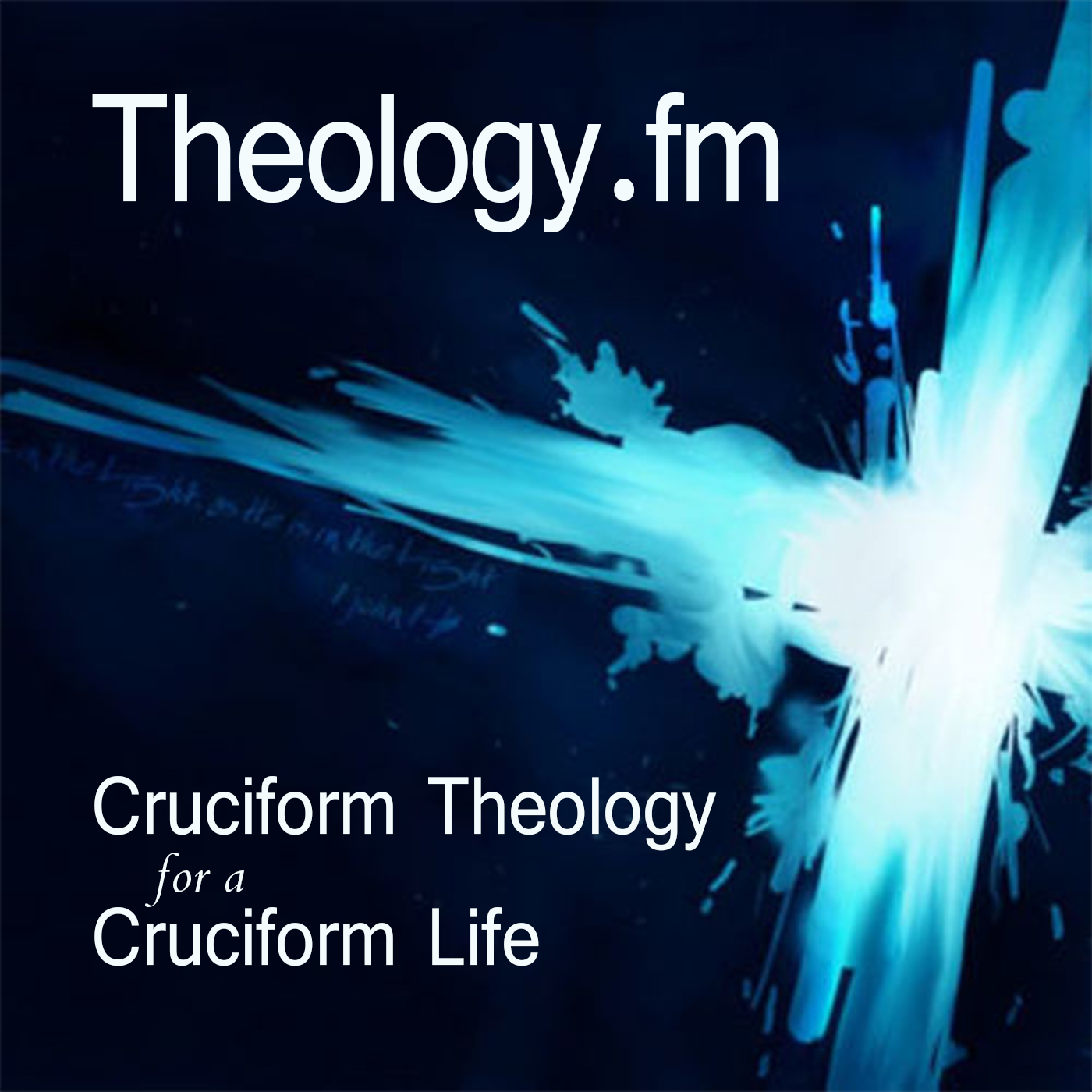 Theology.fm exists to connect podcast listeners to Pastors, Bible teachers, and theology podcasters who teach about Scripture, theology, and the church in light of Christ and Him crucified.
Theology.fm exists to connect podcast listeners to Pastors, Bible teachers, and theology podcasters who teach about Scripture, theology, and the church in light of Christ and Him crucified.
The Spirit of God is at work in the world to bring about new insight into the nature and character of God, Scripture, and the church.
The church is learning to see that God looks like Jesus, and especially, Jesus dying on the cross.
When we read Scripture, or think about God, or function as the church, we can do so within a grid, lens, or vision of the crucified Christ.
Some call this a “Christological” or “Christotelic” approach to Scripture and theology. Others refer to it as the “Cruciform” or “Crucivision” way of thinking about God and life.
But whatever you call it, this way of thinking and living is transforming Christian theology and the way the church functions in the world.
 There are numerous pastors, theologians, Bible teachers, and podcasters who teach using this way of reading Scripture, viewing God, thinking about theology, and being the church in the world today.
There are numerous pastors, theologians, Bible teachers, and podcasters who teach using this way of reading Scripture, viewing God, thinking about theology, and being the church in the world today.
Theology.fm wants to introduce you to these pastors, theologians, Bible teachers, and podcasters. Think of Theology.fm as a Christian radio station that pulls together some of the best teachings on Cruciform theology and makes them available for you to listen to while you are driving to work, walking the dog, weeding your garden, vacuuming the house, working out, and whatever it is you do when listening to podcasts.
 Theology.fm is currently in it’s infancy stage, so we are looking for new voices to add to our lineup. If you know a pastor, teacher, or podcaster who might make a good addition to Theology.fm, please recommend ONE of their podcast episodes below for us to listen to. Thanks!
Theology.fm is currently in it’s infancy stage, so we are looking for new voices to add to our lineup. If you know a pastor, teacher, or podcaster who might make a good addition to Theology.fm, please recommend ONE of their podcast episodes below for us to listen to. Thanks!
